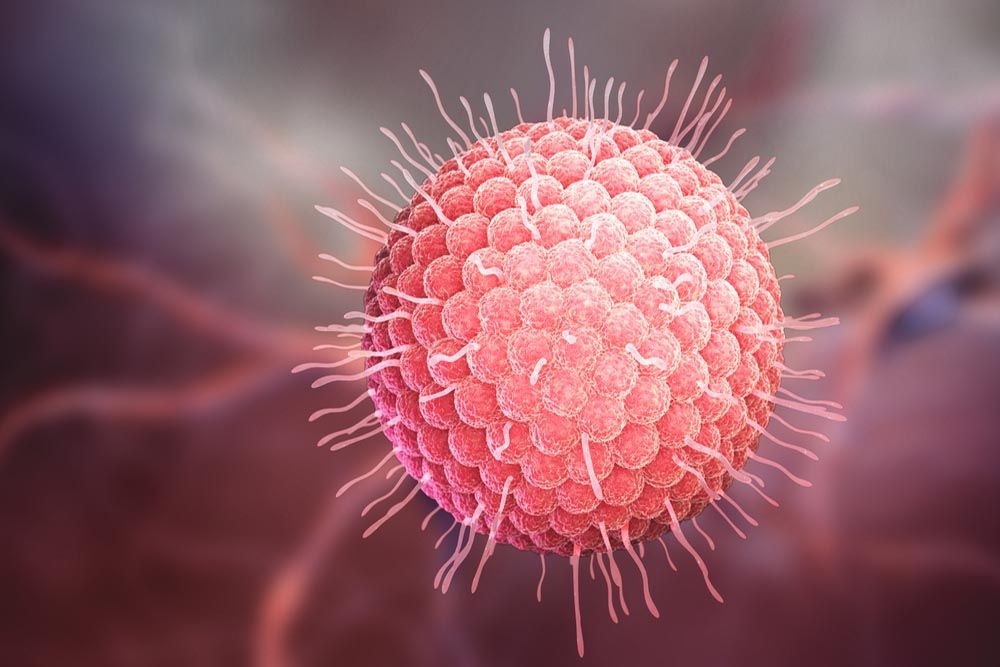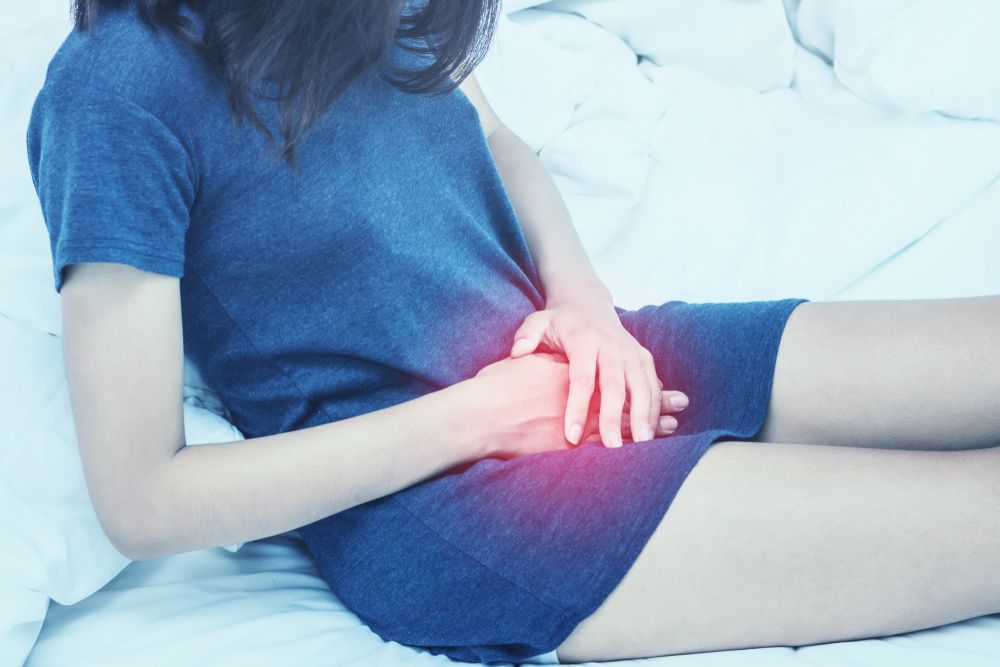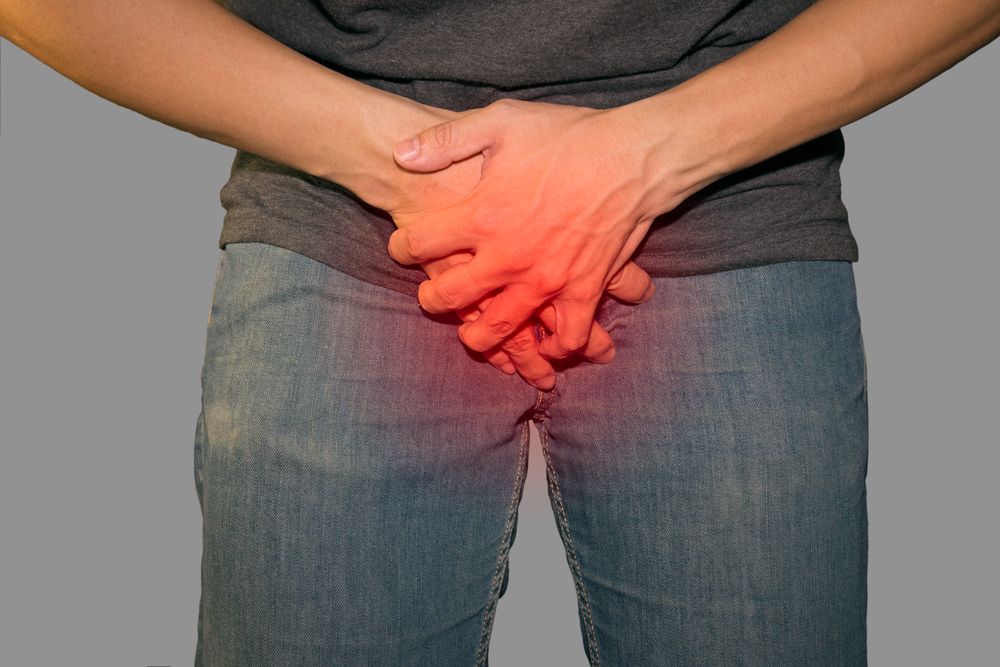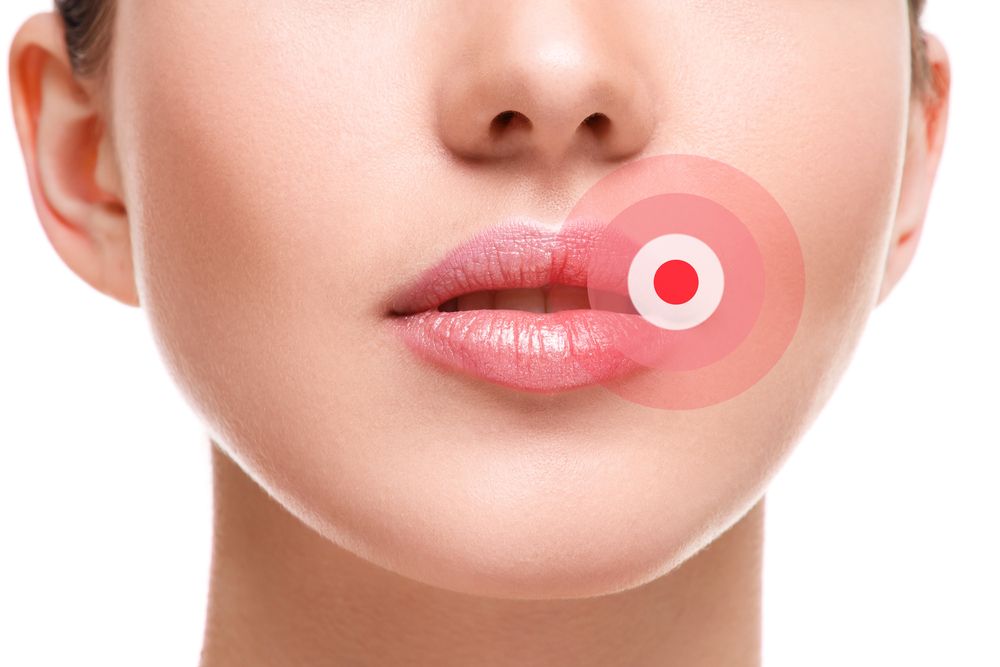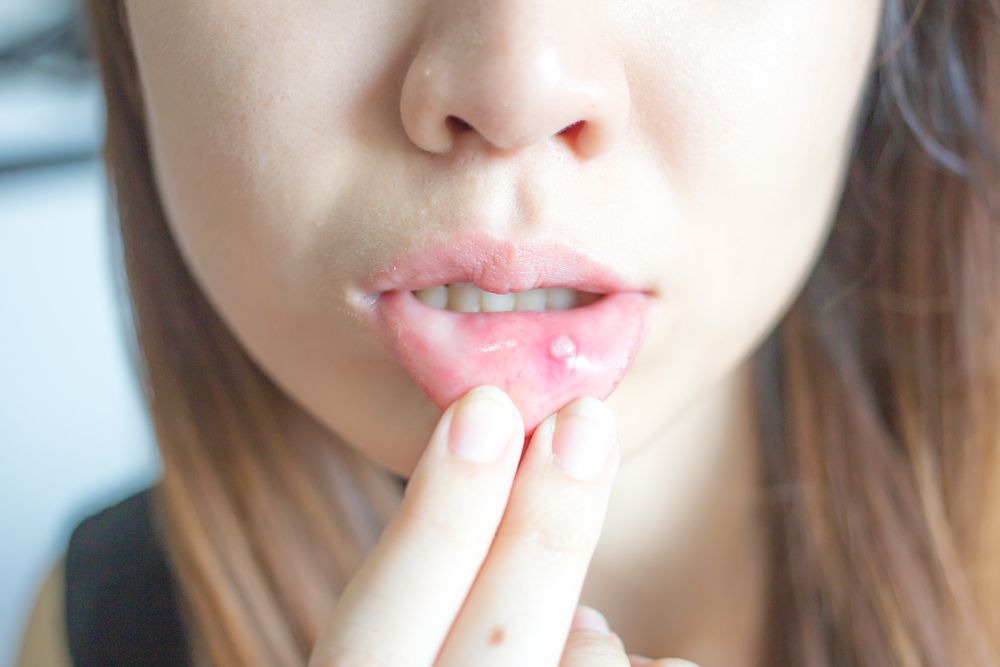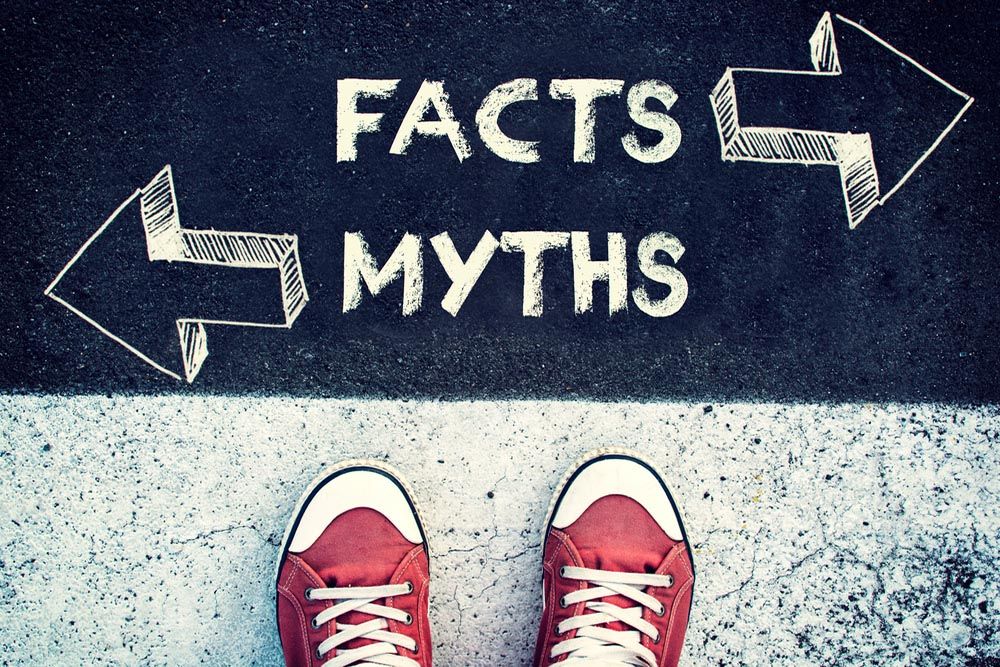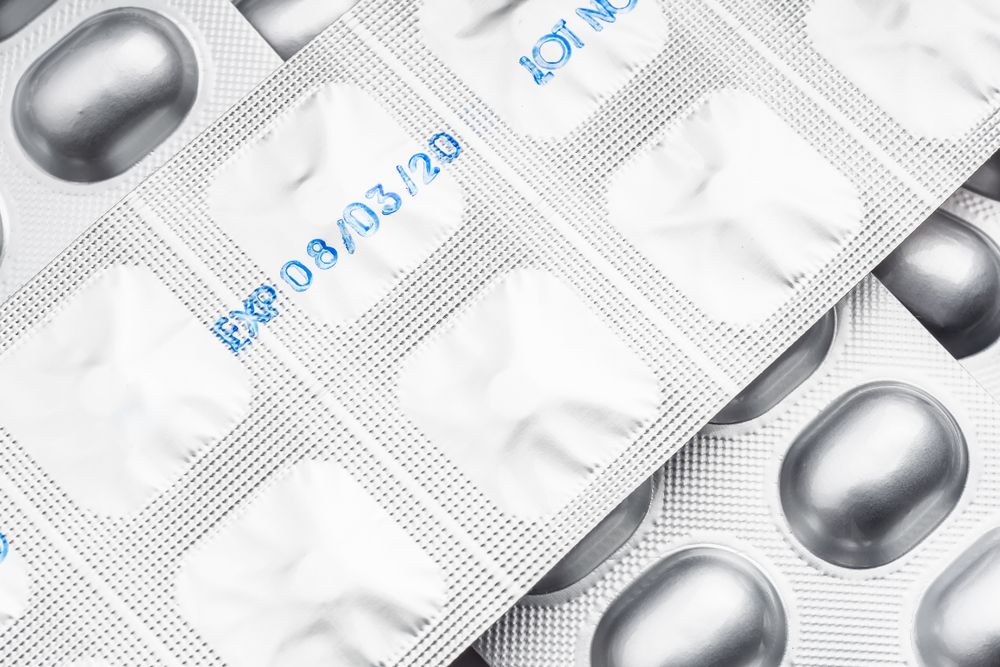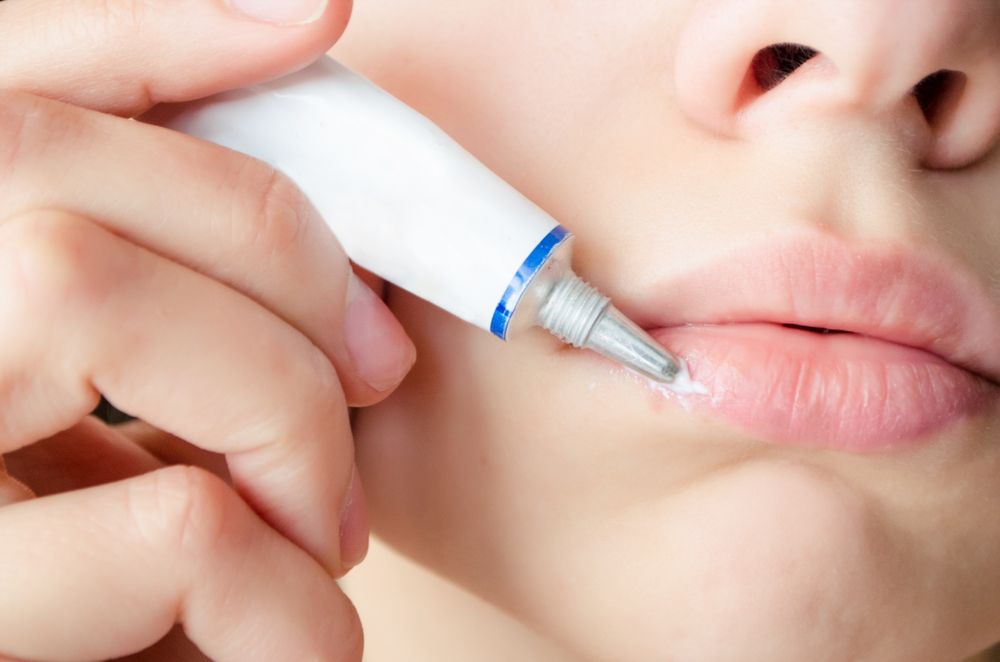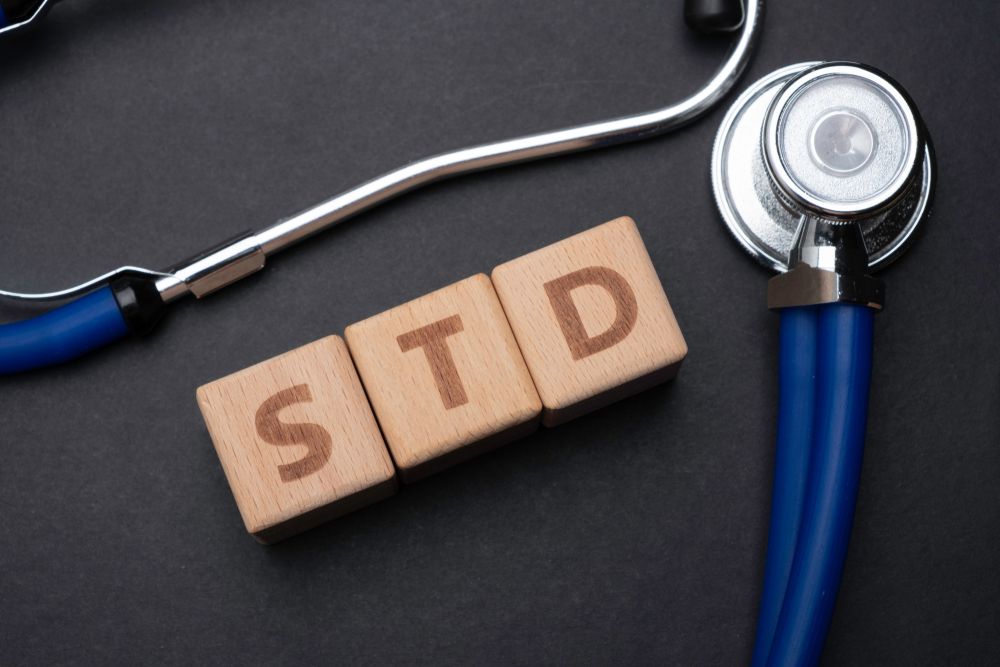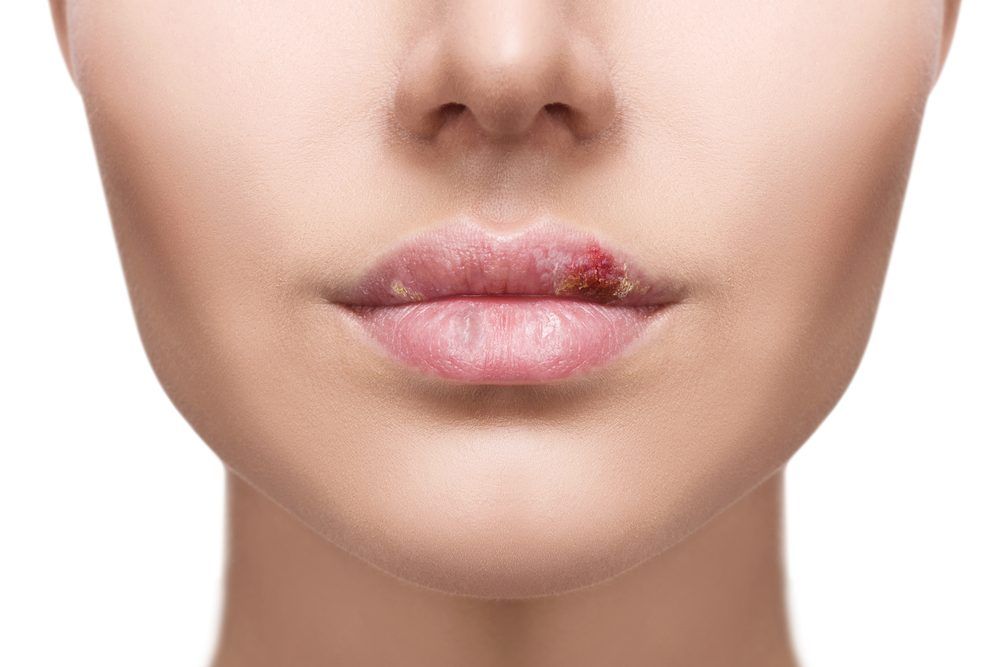Herpes is a viral infection, and anal herpes is caused by one of two different herpes viruses. (Learn More)
You could be infected with one of the herpes viruses even if you do not express any of the symptoms. (Learn More) Herpes infections are relatively common. (Learn More)
Once you are infected with herpes, you will have it for your entire life. (Learn More) You may or may not express the symptoms overtly, but there are certain events that can trigger an outbreak. (Learn More)
Although anal herpes cannot be cured, there are treatments that can reduce the discomfort you experience and reduce the spread of the infection. (Learn More)
What Causes Herpes?
Anal herpes occurs as a result of infection with the herpes virus. The lesions, sores, or blisters form around the anus. They can be treated with antiviral creams, but the infection cannot be cured.
Herpes is a family of viruses that consists of more than 100 different viruses. It includes chickenpox and the well-known herpes simplex viruses, which most people are referring to when they are talking about herpes.
There are two herpes simplex viruses: herpes simplex-1 virus (HSV-1), which typically causes cold sores on the mouth, and herpes simplex-2 virus (HSV-2), which typically results in lesions on the genitals and other areas of the body.
Is It Herpes?
Herpes is a manifestation of the HSV-1 or HSV-2 virus. In the case of a person with anal herpes, the sores — which often appear as blisters or lesions — form around the anus. They may also form on other areas of the body.
There are other types of infections that can cause different types of lesions around the anus, such as syphilis. In some people, hemorrhoids may produce symptoms similar to anal herpes.
A blood test can differentiate what particular infection or issue is causing the lesions or discomfort. Your physician can take a culture from any sores you have, and it can be evaluated in a laboratory to determine the cause.
Once the cause of your symptoms is known, you can discuss treatment options with your physician.
What Causes Anal Herpes?
When the sores that are indicative of herpes appear on your anus, you have acquired the infection from having unprotected sexual contact with an infected person.
The HSV-1 virus typically presents with lesions or blisters around the mouth, but if you have oral sex with someone who is infected with this virus, you may experience lesions in the area where the infected person’s mouth touched you, such as the genitals or anus.
The HSV-2 virus is acquired via unprotected sexual contact with an infected person.
For either form of herpes, the person does not have to have active sores on their body. You can contract the virus even if the person does not have an active outbreak of either form of herpes.
What Are the Symptoms of Anal Herpes?
If you have anal herpes, you may experience the following symptoms:
- White blisters or red bumps around the anus
- Scabs that cover the blisters or ulcers that have bled or ruptured
- Itching around the anus
- Pain around the anus
- Changes in bowel movements
You may not experience any symptoms at all and still be infected.
If have been infected with the virus but do not experience any symptoms, you can still pass it on to others. Both viruses are highly contagious.
How Many People Have Herpes?
The Centers for Disease Control and Prevention (CDC) estimated that more than 24 million Americans were infected with the HSV-22 virus in 2013, and 750,000 Americans are diagnosed every year.
Not everyone who has genital herpes will have anal herpes.
Is There a Cure for Anal Herpes?
There is no cure for either HSV-1 or HSV-2. There are ongoing research studies attempting to find a vaccine for these viruses, but at the time of this writing, no such vaccine exists.
Once you are infected with either, the virus inhabits your cells and remains there for the rest of your life. Even if you have long periods of time where you do not suffer an outbreak, the virus is still there and potentially active.
Certain types of events may trigger outbreaks.
What Can Trigger an Outbreak?
Different people may experience outbreaks due to different situations. What results in an outbreak for one person may not result in an outbreak for you.
Often, sickness, certain types of foods, stress, or environmental conditions can trigger an outbreak of herpes.
How Is Anal Herpes Treated?
If you experience an outbreak, discuss the issue with your physician. Do not attempt to address it yourself.
The major treatment approach for genital or anal herpes is antiviral therapy. These medications can prevent the spread of the virus to other areas of your body and reduce symptoms until the outbreak is over.
You may be prescribed the medication to treat the symptoms, or you may take it regularly. Regular use of antiviral medications to treat herpes is referred to as suppressive therapy.
These antiviral medications are most often in the form of antiviral drugs, such as Famvir, Valtrex, or Zovirax. If your symptoms are prolonged and/or severe, you may be injected with antiviral medications.
Suppressive therapy can reduce the risk of spreading the infection to others.
Prevention Is the Best Form of Cure
The best approach to avoid sexually transmitted diseases like anal herpes is to practice safe sex. Commonsense approaches include:
- Always using a condom during sex.
- Practicing monogamy.
- Reducing your number of sexual partners.
- Getting regular screenings for sexually transmitted diseases.
Once you contract an infection, you are stuck with it for life or until a treatment is developed that can cure you. Practice safe sex to reduce your risk of getting anal herpes.
References
Herpes Simplex. (November 2018). U.S. National Library of Medicine.
What to Know About Anal Herpes. (June 2018). Medical News Today.
Genital and Anal Herpes. Australian Federation of AIDS Organizations.
Genital Herpes – CDC Fact Sheet (Detailed). (January 2017). Centers for Disease Control and Prevention.
Treatment Options for Genital Herpes. (September 2018). WebMD.

